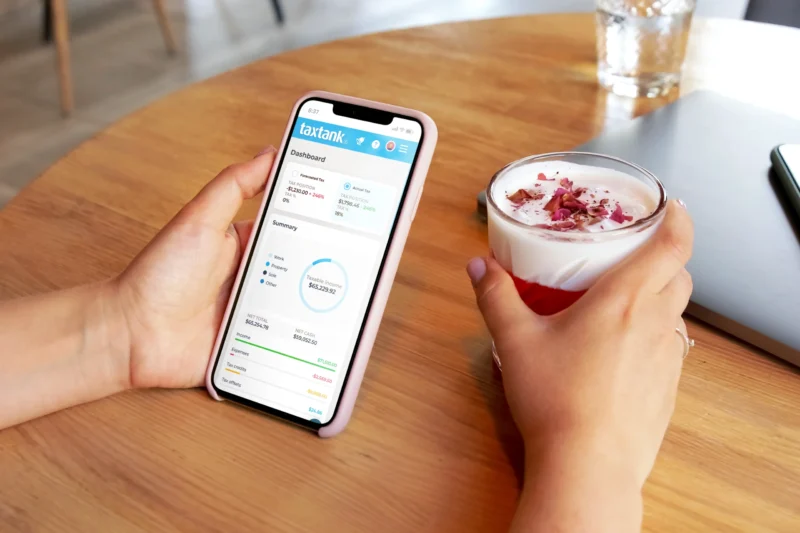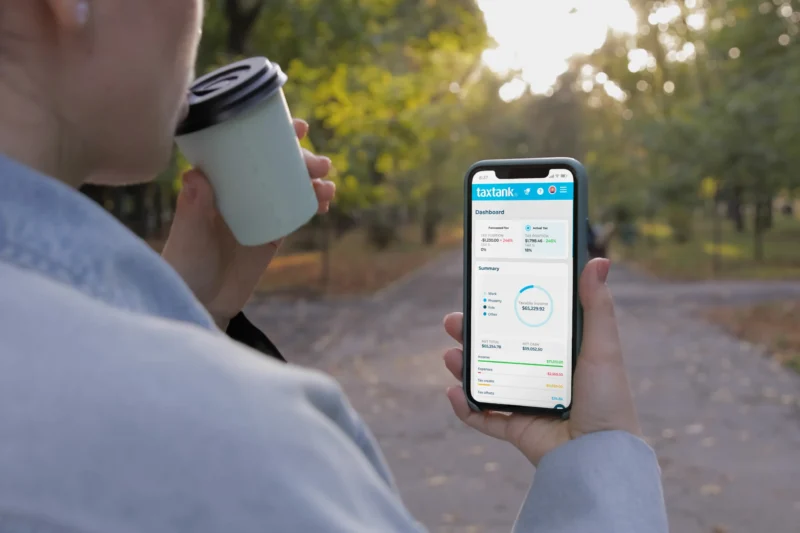Are you thinking about joining the ranks of Uber drivers to earn some extra cash? While driving for Uber can be a flexible and profitable side hustle, it’s essential to understand the tax implications that come with it. Navigating the tax landscape as an Uber driver doesn’t have to be daunting. In this comprehensive guide, we’ll walk you through everything you need to know about managing tax for Uber drivers in Australia.
1. Understanding your tax status
As an Uber driver, the Australian Taxation Office (ATO) considers you an independent contractor. This means you’re running your own business, and therefore, responsible for reporting your income and managing your taxes.
2. Registering for GST
One of the first things you need to do is register for the Goods and Services Tax (GST). Unlike other businesses that only need to register once they reach a certain income threshold, Uber drivers must register for GST regardless of their earnings. This needs to be done from the very first dollar you earn.
3. Lodging quarterly BAS
Once registered for GST, you’re required to lodge a Business Activity Statement (BAS) quarterly. The BAS is where you report your earnings and the GST collected on fares, along with any GST credits from expenses related to your Uber activities.
4. Tracking your income and expenses
Accurate record-keeping is vital. Track all your Uber earnings and associated expenses. Expenses can include fuel, car maintenance, insurance, and any other costs directly related to your driving services. Apps and digital tools like TaxTank can be invaluable for this purpose, offering an easy way to keep your financial records in order.

5. Claiming deductions
You can claim various expenses as tax deductions. These might include a portion of your phone bills, car expenses (using the logbook method or the cents per kilometre method), and any other costs directly related to your driving services. Remember, the expenses must be business-related to be deductible.
6. Understanding the income tax implications
Your Uber earnings are part of your taxable income. It’s crucial to set aside a portion of your earnings for tax purposes. Depending on your total income, this could affect your tax bracket and overall tax liability.
7. Seeking professional advice
Tax laws can be complex, and seeking advice from a tax professional is often a wise decision. They can help ensure you’re claiming all your entitled deductions and complying with all ATO requirements.
Final thoughts
Driving for Uber can be a fantastic way to earn extra income, but it comes with tax responsibilities. By staying informed, keeping accurate records, and possibly seeking professional advice, you can successfully manage your tax obligations and make your Uber side hustle a smooth ride.
Remember, staying on top of your tax obligations not only keeps you compliant but also helps maximise your earnings from this flexible and rewarding venture.
TaxTank’s innovative sole trader tax platform has made it so easy manage your additional income through Uber. From just $9 per month go beyond spreadsheets or business apps to keep your sole trader business finances in order with TaxTank. Make smarter allocations of business expenses via live bank feeds and store your receipts in the cloud to give you greater surety over your tax affairs. Get started today and keep your income tax and sole trader business finances in top shape, with our 14 day free trial.





